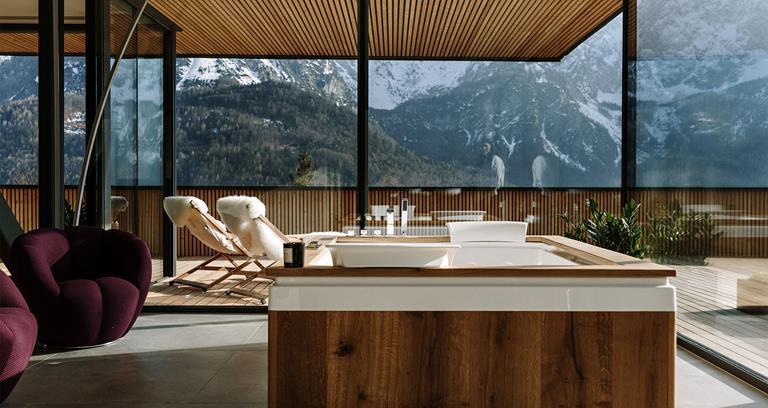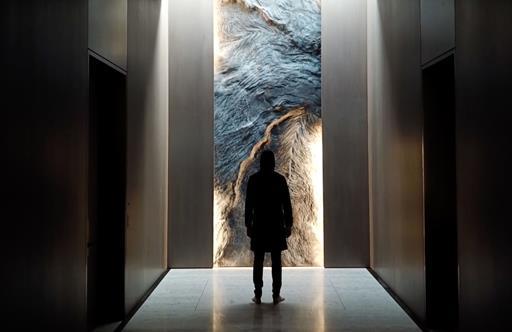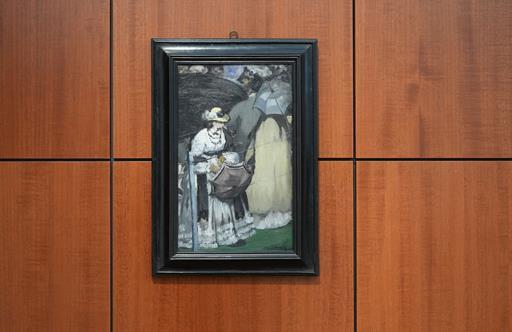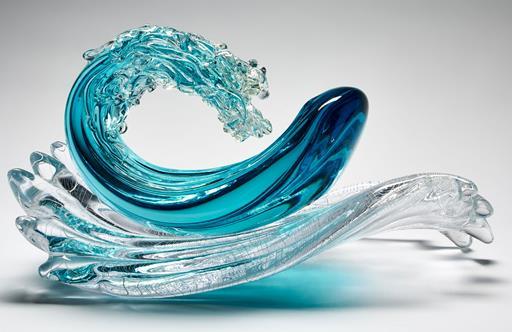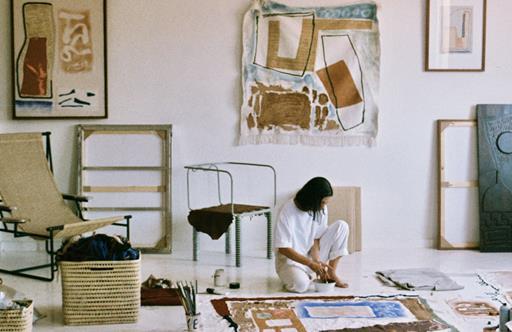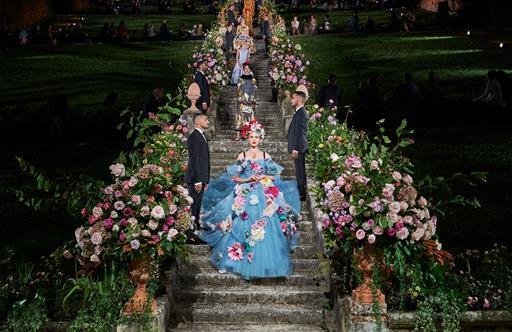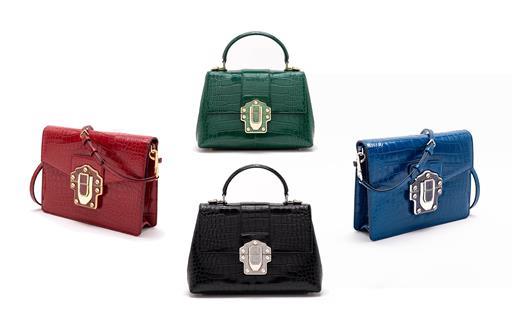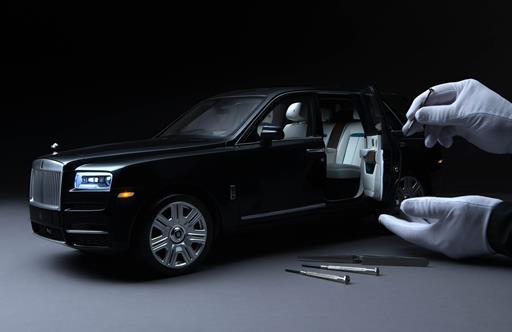A Sense of Place
Slovenia’s recent outcrop of luxury retreats showcases the same cultural and culinary riches – not to mention jaw-dropping landscapes – that make it one of Europe’s most appealing off-the-radar destinations.
Vila Muhr is not about redefining luxury,” says Jure Repanšek, the general manager of the Alpinia Group, a collection of hotels around Slovenia’s Lake Bohinj. “Nature has already perfected that.”
His humility is typical in the Julian Alps. “Slovenia is not about opulence in the traditional sense,” explains Repanšek, who looks after Vila Muhr , the four-star Hotel Bohinj, and more hotels in the pipeline. “It’s about exclusivity, authenticity and a deep connection to nature. Unlike the Dolomites or the Tyrolean Alps, where luxury often leans towards grandeur and well-established prestige, Slovenia offers something more rare: a sense of discovery.”
That’s certainly true at Vila Muhr, which opened in January in a renovated, 1902-built villa that was the site of Prince George’s engagement to Princess Marina in 1934. It’s an Alpine confection with four sumptuous suites, each with a big bathtub or a sauna, decorated in weathered wood, soft colours and just a hint of ski-chalet trappings. Its restaurant has Michelin aspirations, and the gorgeous wine cellar boasts sleek industrial lines.
 © Vila Muhr
© Vila Muhr
It’s all the passion project of Damian Merlak, Slovenia’s wealthiest millennial, who made his fortune with one of the world’s first cryptocurrency exchanges. Merlak, who spent childhood vacations in Bohinj, felt a deep connection to the area and a sense of dismay that the “charm of Bohinj [was] starting to feel stagnant” and deteriorate, says Repanšek, his longtime friend. “Vila Muhr was one of those decaying accommodations that Damian acquired with the intention of restoring its former glory.”
Merlak wasn’t the only Slovenian entrepreneur to take this tack, says Uršula Kordiš, the founder of the travel company Wanderlux Journeys. She plans travel all over the former Yugoslavia, Austria and parts of Italy but remains a passionate cheerleader for her native Slovenia – and for its microscale, hands-on brand of high-end hospitality.
“In the past 10 or 15 years, people got wealthy in different areas,” says Kordiš. “They saw what was missing in Slovenia.” Importantly, she adds, “They didn’t come from hospitality. They experienced it around the world as a guest and wanted to bring it to Slovenia.”
The country’s shifting hospitality landscape is also great for Kordiš’s business. Now, she has at least half a dozen “hedonistic” options for her high-end clients’ itineraries in the Julian Alps. Among them is Chalet Sofija , a glass-walled villa that’s heavy on white orchids, oversized Jacuzzis and Roche Bobois sofas.
 ©Chalet Sofija
©Chalet Sofija
The hotel is the retirement project of Svetozar Raspopović – nicknamed Pop – one of Slovenia’s most successful restaurateurs for three decades. His Ljubljana restaurant, Gostilna AS, hosted the likes of Bill Clinton and Vladimir Putin and became a reference in the country’s hospitality scene.
For all its lavishness, Chalet Sofija is a family project; Pop named it for his mother, Sofija, and named the five suites for his grandchildren. He and his wife, Aleksandra, are almost always on hand, with him in the restaurant-style open kitchen. As one might expect, food that’s both local and lavish plays a big role, starting with the signature breakfast of a low-temperature egg served with a small heap of caviar.
Nearby, Milka occupies a 1960s-era guesthouse built by a Yugoslav partisan named Milka. The property was in disrepair when it was acquired by brothers and self-made entrepreneurs (carbon allowances trading, energy solutions and real estate) Boštjan and Matej Bandelj. A hotel spokesperson explains that “about ten years ago, they discussed what they wanted to accomplish by the end of their careers” and agreed on three conditions: that it would have a positive impact, showcase sustainability leadership, and achieve “excellence through Slovenian talent”. At that time, she remembers, “everyone in Slovenia was wondering why the country lacked a true luxury experience”.
 © Milka
© Milka
When the brothers visited the guesthouse, its potential was clear – particularly, its setting and views – and Boštjan recognised an opportunity. “In the commodities trading business, particularly with our partners in London, we noticed growing interest in Slovenia from people who expect the highest possible standard when they travel,” Boštjan recalls. “We struggled to find a place that met their expectations.”
And so they built their own. Milka’s six suites have excellent views of Lake Jasna, in some cases from their ostrich-egg bathtubs. Everything is individually designed, and everything is Slovenian. That’s also true in the restaurant, where chef David Žefran has already earned two Michelin stars for his skilful use of local ingredients like venison with dark beer sauce.
Likewise, Jelena Drobež, a Slovenian television producer, and her husband, Andraz, decided a few years ago to reinvent the holiday home that had belonged to his family for nearly a century. Her intimate, exclusive-use Fox on the Rocks Chalet combines the privacy of a two-bedroom cabin with the high service level of an exclusive hotel.
 © Fox on the Rocks Chalet
© Fox on the Rocks Chalet
At the other, larger end of the Slovenian luxury spectrum, the 22-room Vila Planinka occupies a 1938 chalet that was in a shambles when it was purchased by serial entrepreneur Marjan Batagelj. “Sustainability is to leave a place to the future generations in a better condition than the one you found it in,” he says, explaining the philosophy behind his transformation of the place into a luxury hotel.
And at the foot of the Alps, in the Brda wine region, another Slovenian couple had similar ideas. Milena and Uroš Peterc decided to leave their “very fast corporate lifestyle” as they approached 40. They looked all over, from New England to the South of France, for a bed-and-breakfast that they could develop into a luxury hotel.
“We saw that there’s a lot of empty space in Slovenia. There was an opportunity for us to fill it with something boutique and small,” says Milena. Because there are two million people in the country, “everything is boutique and small, but this high-service hospitality was something that Slovenia didn’t offer before”.
 © Vila Planinka
© Vila Planinka
They filled that space with Peterc Vineyard Estate, which has been racking up accolades in the four years it’s been open. But they don’t call it luxury. “We focus more on the boutique, tailor-made approach because that’s the essence of Slovenia as a destination,” says Uroš. “There’s nothing of the sort of Dubai-style luxury in this country because we just don’t have the economy of scale for a thousand-room, seven-star hotel.”
Milena continues, “We are not competing with this kind of luxury hospitality. We’re creating a new one. We like to say that we’re a slow-living, slow-travel kind of hospitality. We’re more of a quiet luxury experience.
“We are also guardians of sustainability,” she concludes. “We protect antique furniture; we protect original artwork. We are guardians and supporters of quality of life on the highest level ... We don’t do things because they might sell well. We do things because we believe in them and because they’re important, authentic and honest.” © Peterc Vineyard Estate
© Peterc Vineyard Estate
Header photo: © Chalet Sofija
